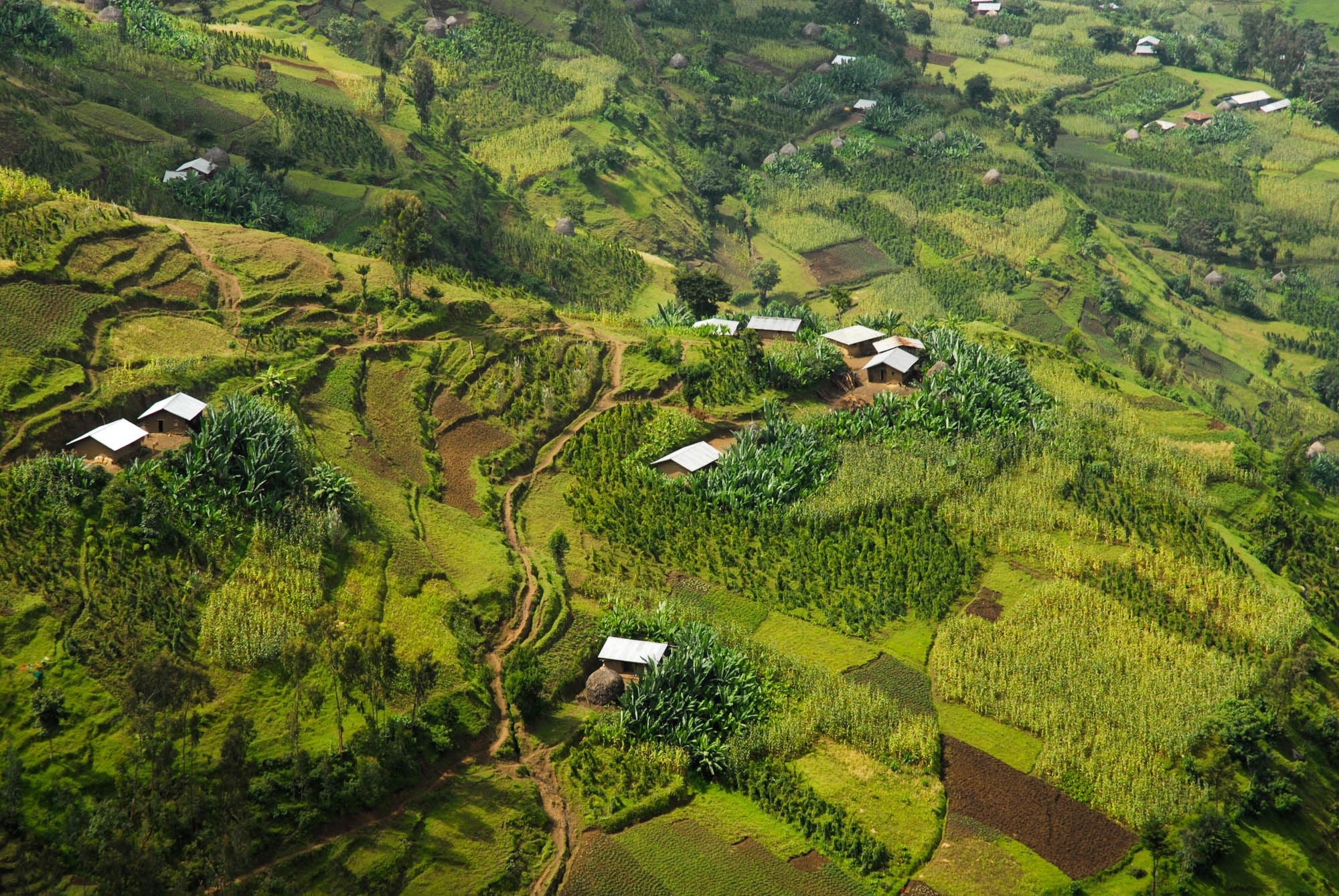
Ethiopia
The Coffee Trade in Ethiopia: Tradition, Traceability, and Transformation
1. Historical and Cultural Context
Ethiopia is widely regarded as the birthplace of Arabica coffee (Coffea arabica). The legend of Kaldi, the goat herder who discovered coffee’s stimulating properties, is rooted in Ethiopian folklore. Coffee has been cultivated, consumed, and traded in Ethiopia for over a thousand years, forming a deep cultural and economic backbone of the country.
The traditional Ethiopian coffee ceremony is not just a social ritual—it is a living testament to coffee’s central role in everyday life. As a result, Ethiopia remains one of the few countries where a significant portion of coffee is both produced and consumed domestically.
2. Coffee Production Systems
Ethiopian coffee production is highly diverse and largely unique in its structure. Most of the country's coffee—nearly 95%—is grown by smallholder farmers using low-input, organic practices across four primary production systems:
Forest Coffee: Wild-grown under natural forest canopies; minimal human intervention.
Semi-Forest Coffee: Managed natural forests with some cultivation and pruning by farmers.
Garden Coffee: Grown around homes and villages in small household plots; the most common.
Plantation Coffee: Grown on larger, more commercial farms, often privately owned or state-operated.
The majority of Ethiopia’s coffee is non-irrigated and shade-grown, and its incredible genetic diversity—possibly the richest of any coffee-growing nation—gives rise to a wide spectrum of cup profiles.
3. Processing and Flavor Profiles
Coffee in Ethiopia is primarily processed using two methods:
Washed (Wet) Processed Coffee: Produces bright, clean, citrus-forward profiles.
Natural (Dry) Processed Coffee: Often fruity, wine-like, and syrupy with bold berry notes.
Processing occurs either at centralized washing stations (wet mills) or by home-based sun drying, especially for naturals. Ethiopia's heirloom and landrace varieties (often labeled “Ethiopian heirloom”) contribute to complex and distinctive flavor profiles found in coffees from regions such as Yirgacheffe, Sidama, Guji, Limu, Jimma, and Harrar.
4. Trade Structure and Market Access
Historically, Ethiopia’s coffee trade has been governed through centralized systems, most notably the Ethiopian Commodity Exchange (ECX), established in 2008. The ECX was designed to standardize and streamline trade, but it has also introduced limitations in traceability, especially for smallholder coffees blended into regional lots.
In response to growing specialty market demands for transparency, policy reforms beginning in 2017 allowed private washing stations and cooperatives to bypass the ECX and engage in direct export relationships. This shift has led to a surge in microlots, single-farmer lots, and improved traceability, benefiting roasters and producers alike.
Key export markets include the United States, Germany, Japan, Saudi Arabia, and South Korea, with coffee accounting for about 30–35% of Ethiopia’s total export revenue in recent years.
5. Challenges in the Sector
Despite its global renown, Ethiopia's coffee sector faces significant challenges:
Logistical and infrastructure hurdles: Poor roads, inconsistent electricity, and limited access to finance can hamper processing and export efficiency.
Climate variability: Shifts in rainfall patterns and rising temperatures pose risks to both yield and quality.
Land tenure complexity: Farmers often operate on communal or state-controlled land, limiting their ability to make long-term investments.
Pricing volatility: Many smallholders rely on the global commodity market, which may not reflect the value of high-quality or organic coffees.
6. Outlook and Opportunities
Ethiopia's coffee trade is at a critical inflection point. As the specialty market continues to prioritize traceability, sustainability, and unique flavor profiles, Ethiopia is uniquely positioned to lead with its deep genetic diversity and traditional cultivation practices.
Recent innovations—such as digitally enabled traceability systems, increased investment in washing stations, and capacity-building for farmer cooperatives—have already improved market efficiency and transparency. Continued liberalization of export regulations and infrastructure development will further enhance Ethiopia’s competitiveness on the world stage.
Ethiopia’s coffee trade blends deep-rooted tradition with global innovation. Its fragmented but rich smallholder network, immense genetic diversity, and legendary flavor potential make it a cornerstone of the specialty coffee world. With supportive policy, investment, and market access, Ethiopia can continue to elevate its position—not just as coffee’s origin, but as its future.
Shop Coffees from Ethiopia
-
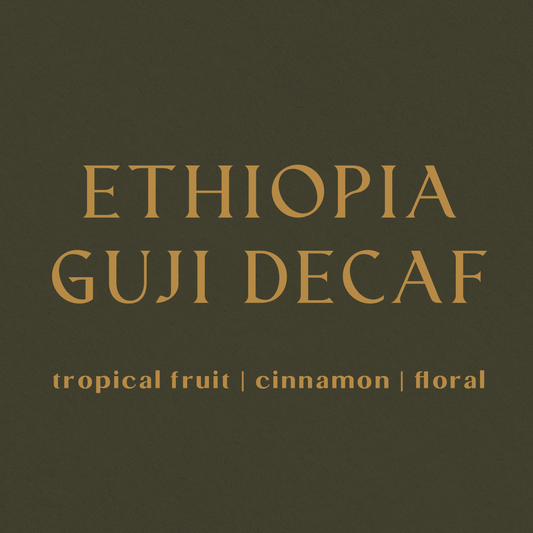 Sold out
Sold outEthiopia Guji Decaf
Regular price From $22.00 USDRegular priceUnit price / per -
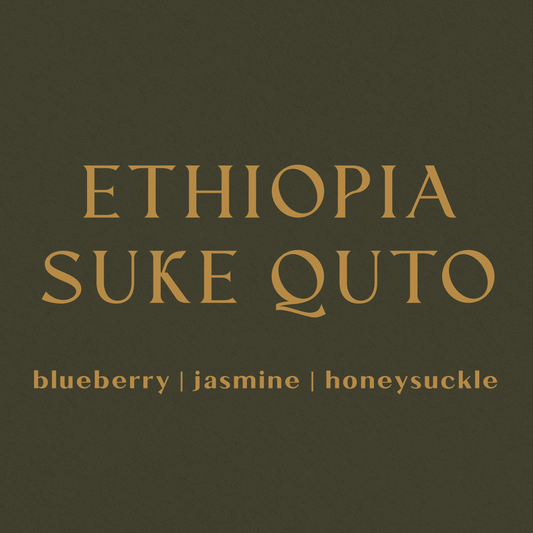 Sold out
Sold outEthiopia Suke Quto
Regular price From $20.00 USDRegular priceUnit price / per -
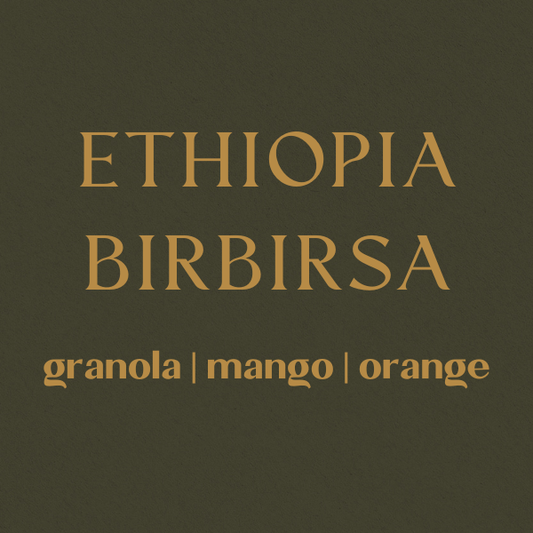 Sold out
Sold outEthiopia Birbirsa
Regular price From $19.00 USDRegular priceUnit price / per -
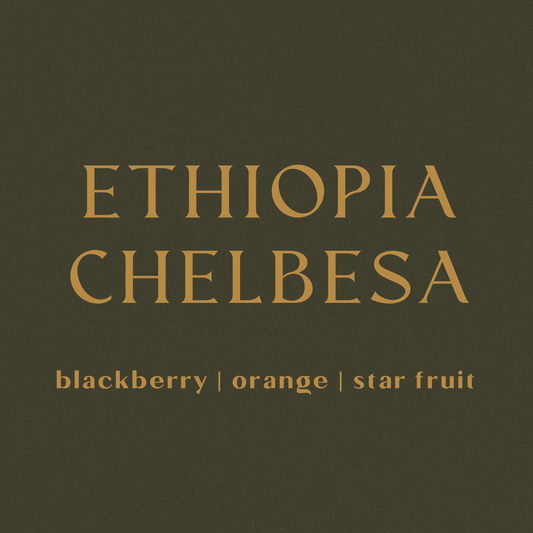 Sold out
Sold outEthiopia Chelbesa
Regular price From $25.00 USDRegular priceUnit price / per




